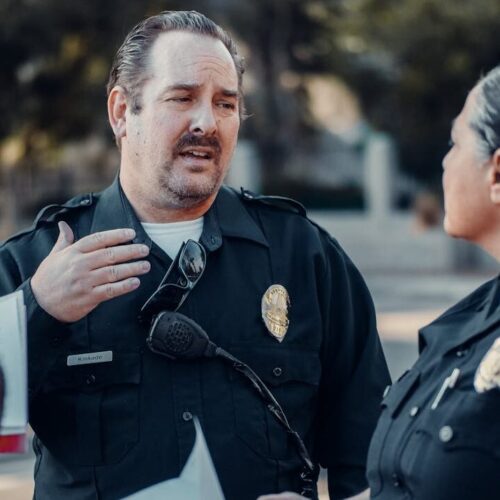Transforming Juvenile Justice Systems to Improve Public Safety and Youth Outcomes
This publication from the CSG Justice Center and the Center for Juvenile Justice Reform (CJJR) at Georgetown University’s McCourt School of Public Policy provides a roadmap of six innovative strategies that states and localities can follow to make sweeping changes to their juvenile justice systems. Facing stubbornly high recidivism rates and limited resources, juvenile justice systems need to reconsider foundational questions regarding who is supervised and served by the system; how those youth are supervised and served; and to what extent agencies and individuals are held accountable for system performance. To begin tackling these questions, the CSG Justice Center and CJJR conducted interviews and focus groups with nearly 50 researchers, national experts, and system leaders to identify innovative ideas for building upon recent system improvements by reorienting juvenile justice systems to improve public safety and outcomes for youth.
New Hampshire Department of Corrections Commissioner Helen Hanks presents at the Medicaid and Corrections Policy Academy in-person meeting.
Read More Meet the Medicaid and Corrections Policy Academy Mentor States
Meet the Medicaid and Corrections Policy Academy Mentor States
New Hampshire Department of Corrections Commissioner Helen Hanks presents at the Medicaid and Corrections Policy Academy in-person meeting.
Read More Key Findings and Recommendations from Kentucky’s Justice Reinvestment Initiative to Better Understand and Address Domestic Violence
Key Findings and Recommendations from Kentucky’s Justice Reinvestment Initiative to Better Understand and Address Domestic Violence
Almost half of all violent crime in Kentucky is rooted in domestic violence (DV), and nearly 40 percent of people incarcerated in jails and prisons have a history of DV in their background.
Read More Explainer: Key Findings and Options from Arkansas’s Justice Reinvestment Initiative
Explainer: Key Findings and Options from Arkansas’s Justice Reinvestment Initiative
Arkansas policymakers have long expressed concerns about the state’s high recidivism rate. Over the past 10 years, an estimated 72 percent of prison admissions in the state involved people who were revoked from supervision, with unmet substance use and mental health challenges playing a significant role in these failures.
Read More












